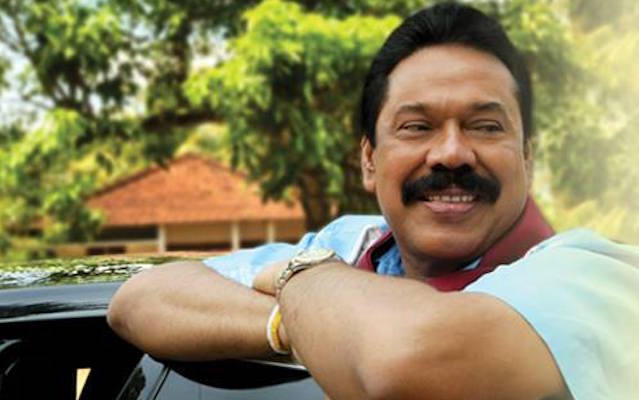Can Mahinda Rajapaksa Become The Prime Minister?
Though the possibility of the United People’s Freedom Alliance (UPFA) wining a majority of seats at the forthcoming Parliamentary election is remote, the question as to whether Mahinda Rajapaksa can become the PM in such a situation is being debated.
Article 42(4) of the constitution as amended by the 19th amendment clearly sets out that the President shall appoint as Prime Minister the Member of Parliament, who in the President’s opinion is most likely to command the confidence of Parliament.
Therefore it is clear that the power of appointing the Prime Minister is a discretionary power vested in the President. It depends on the opinion of the President.
 Under Public Law a public authority is vested with discretionary power with the trust that the power so vested will only be used for the purpose for which the discretionary power is vested in the public authority and that the power will not be used for any collateral purpose.
Under Public Law a public authority is vested with discretionary power with the trust that the power so vested will only be used for the purpose for which the discretionary power is vested in the public authority and that the power will not be used for any collateral purpose.
But it is argued that the President is bound by the British Parliamentary conventions in the appointment of a Prime Minister as it was from 1947 to 1977, till the Presidential system was introduced. British Parliamentary convention will not apply, as the system of government we had before 1977 was a Parliamentary system of government based on the British model. Hence, our Governor Generals Lord Soulbury, Sir Oliver Goonetillekeand William Gopallawa were bound to follow British convention in appointing a Prime Minister.


